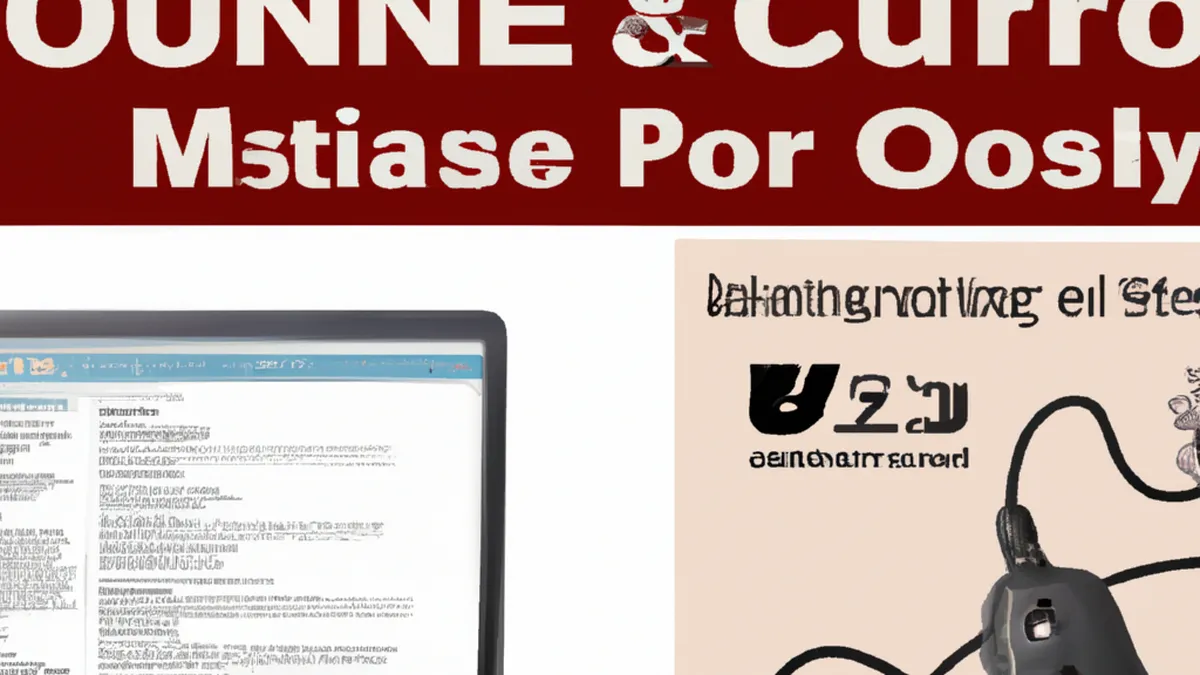Build Compelling Iron Management Course Content
How to Develop Online Courses on Iron Management for Endurance Athletes
Creating online courses on iron management for endurance athletes benefits both the athletes and the athletic community. Endurance athletes, including runners, cyclists, and triathletes, face unique nutritional challenges, especially regarding iron levels. Iron plays a vital role in oxygen transport, energy metabolism, and overall performance. A well-structured course educates athletes on managing their iron levels for optimal performance. Below, we outline key steps for developing an engaging online course focused on iron management.
Understand Your Audience
First, understand your audience. Endurance athletes come from diverse backgrounds with specific iron-related needs and challenges.
Research Common Issues
Research common issues endurance athletes face regarding iron. Many, particularly female athletes, struggle with iron deficiency, leading to fatigue and decreased performance. Gather data through surveys, interviews, or focus groups to learn about athletes’ experiences and concerns about iron management. This information helps tailor your course content to meet their specific challenges.
Identify Learning Objectives
Once you understand your audience’s needs, identify clear learning objectives. Decide what you want participants to learn. Your objectives might include:
– Understanding iron’s role in endurance performance
– Recognizing symptoms and risks of iron deficiency
– Learning dietary sources of iron
– Developing strategies to enhance iron absorption
Well-defined learning objectives keep your course focused and relevant, ensuring participants know what to expect.
Design Engaging Course Content
With a clear audience understanding and objectives, design engaging course content. Use various formats to cater to different learning styles.
Create Interactive Modules
Create interactive modules that encourage active participation. Quizzes, videos, infographics, and case studies enhance the learning experience. For example, design a quiz to test participants’ knowledge of iron-rich foods and their performance impact. Use visual aids, such as charts and graphs, to explain complex concepts like iron absorption.
Include Real-Life Examples
Incorporate real-life examples and case studies to make your content relatable. Share stories of endurance athletes who have struggled with iron deficiency and their solutions. For instance, discuss a female marathon runner who managed her iron levels through dietary changes and supplementation. Such narratives create emotional connections and motivate learners to apply knowledge to their lives.
Promote Evidence-Based Practices
Ensure the information in your course is evidence-based. Endurance athletes depend on accurate data and sound practices.
Conclusion
Summarize the insights shared in your course on iron management for endurance athletes.
Below are related products based on this post:
FAQ
What are the common iron-related issues faced by endurance athletes?
Endurance athletes, particularly female athletes, often struggle with iron deficiency, which can lead to fatigue and decreased performance. Common issues include a lack of dietary iron intake and difficulty in iron absorption, which are crucial for optimal energy metabolism and oxygen transport.
How can I design engaging course content for my audience?
To design engaging course content, incorporate various formats such as interactive modules, quizzes, videos, and infographics. Use real-life examples and case studies to make the information relatable, encouraging active participation and enhancing the overall learning experience.
Why is it important to promote evidence-based practices in the course?
Promoting evidence-based practices is essential because endurance athletes rely on accurate data and sound nutritional strategies to manage their iron levels effectively. Providing scientifically backed information ensures that athletes can make informed decisions to enhance their performance and overall health.















Post Comment